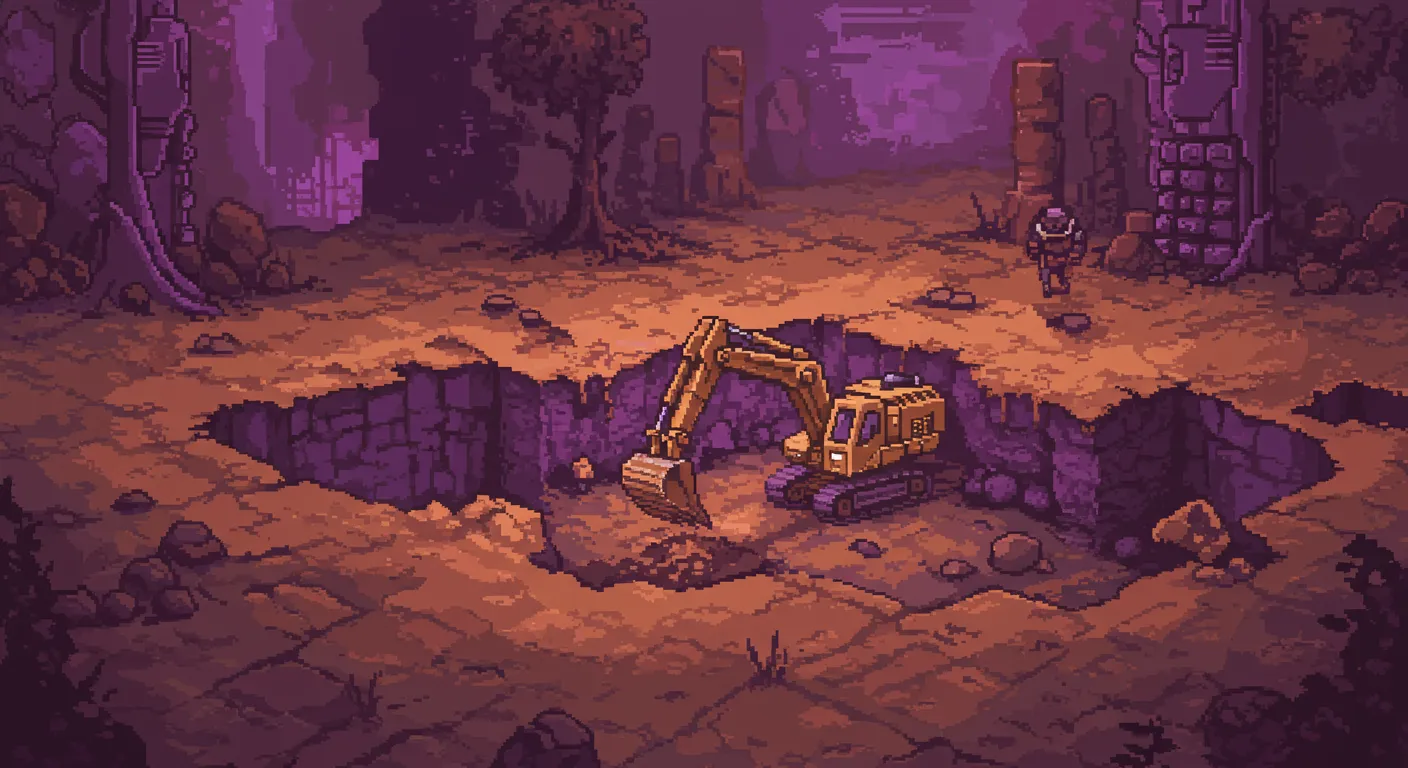In the labyrinthine world of command line interfaces, online commentators are engaged in a fascinating debate about how to better track and retrieve their digital footprints. The conversation, which emerged on a popular tech forum, reveals a deep fascination with preserving and searching through complex histories of computer commands.
Some participants are exploring sophisticated tools like fzf and skim, which offer enhanced ways to search through terminal histories with relative timestamps. These tools represent a growing trend among developers to create more intelligent and contextual search mechanisms for their coding workflows.
One particularly intriguing perspective came from a commentator who developed a custom solution for recording bash command histories. By leveraging system hooks, they've created a method to log not just commands, but also the specific directory and git branch where each command was executed. This approach goes beyond traditional bash history tracking, offering a more nuanced view of a programmer's digital workspace.
The discussion also surfaced interesting meta-commentary about the nature of online forums themselves. A participant playfully noted that duplicate submissions might be valuable, suggesting that "old forgotten things are as good as new" - a philosophy that seems to mirror the iterative nature of software development.
Underlying these technical discussions is a broader narrative about preserving digital context. Programmers are not just writing code, but creating intricate systems to understand and reflect on their own computational journeys, turning command line history from a simple log into a rich, searchable narrative of their work.


